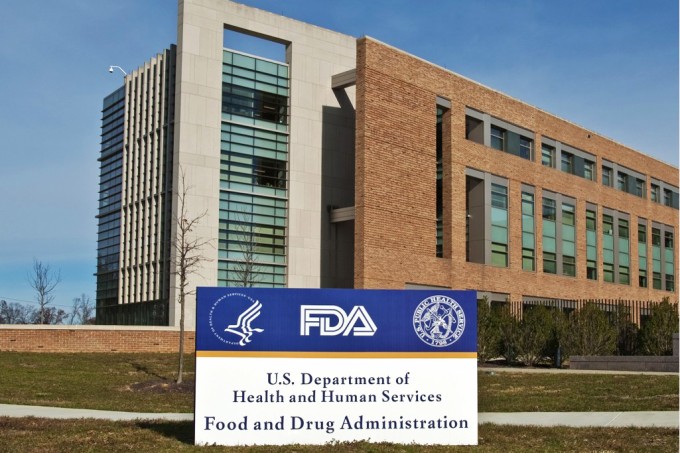The Food and Drug Administration is blessing a public database for use by genetic test developers that are submitting premarket submissions.
The agency says the database is recognized as a source of valid scientific evidence that now can be used by developers of genetic tests to support clinical validity in premarket submissions to the agency.
“Developers of genetic tests have assurance of the reliability of the freely available data that they can use in support of their applications for marketing authorizations with the agency, rather than generating the same data on their own,” states the FDA’s announcement.
According to the FDA, its recognition of the genetic variant information in the Clinical Genome Resource (ClinGen) consortium’s ClinGen Expert Curated Human Genetic Data—funded by the National Institutes of Health—will advance the development of reliable and beneficial genetic tests that can improve patient care.

Also See: Genomics database gets a patient portal
“A major current challenge for precision medicine is the need to translate new discoveries and data from the Human Genome Project so that this information can be used by physicians and other healthcare providers to improve health,” says Francis Collins, MD, director of NIH. “ClinGen provides a standard curated data reference of genetic variants to facilitate the development and implementation of genetic tests for use by healthcare professionals, which is critically important for moving science into practice.”
As a result, developers will not need to demonstrate to the agency the reliability of the database’s genetic variant information which “can be used to support the relationship between a gene variation and a specific disease that are within the scope of the recognition,” according to the FDA.
As an example, the agency said the sponsor of a test that detects variants involved in hereditary cardiomyopathy—a disease of the heart muscle—could point to the cardiomyopathy genetic variant information available in ClinGen as part of a submission to support clinical validity of their test.
“Technological and clinical advances in genetic tests mean that patients and providers have a better understanding of the causes of disease and potential treatment options,” says FDA Commissioner Scott Gottlieb, MD. “The availability of genetic tests is opening up new opportunities to segment illnesses into more treatable subsets and enabling the development of targeted therapeutics aimed at these previously unknown categories of disease.”
